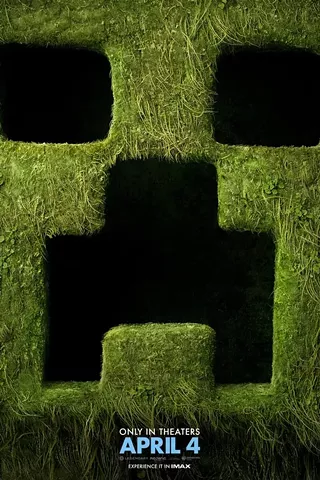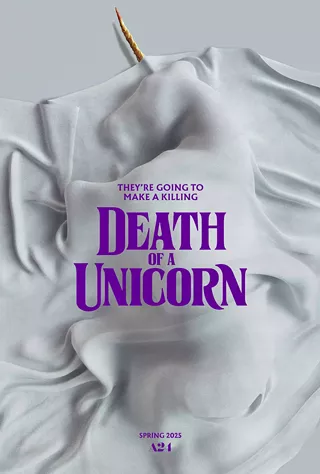Terrence Malick's beautiful but perplexing The Tree of Life deserves attention, if not because it's great, then certainly because it's unique.
Malick was poised to become one of America's landmark directors of the last half of the 20th century. His first film, Badlands, was released in 1973, as contemporaries like Coppola, Scorsese, Spielberg and Lucas were beginning to reshape our national cinema. But Malick worked at his own pace, and predominantly out of the spotlight. Days of Heaven followed in 1978, and then he went silent.
Malick returned 20 years later with the introspective World War II epic The Thin Red Line. The New World was released in 2005, and now we finally have his fifth film, with another scheduled for 2012. This, strangely enough, is the most productive time in his 40-year career.
Not since Days of Heaven (and perhaps never before) has Malick created a film that has so much humanity and emotion. While it is still a showcase for his incredibly specific filmmaking style, The Tree of Life exposes its soul early on, and leaves it on display for nearly 2 1/2 hours.
It's a difficult execution, too, because for about the first hour, there is no direct dialogue. Lines are spoken, but they are primarily atmospheric, layering a bit of context onto the pained expressions of Mr. and Mrs. O'Brien (Brad Pitt and Jessica Chastain), or—jumping ahead about four decades—their grown son, Jack (Sean Penn).
Malick handles it effortlessly, and he more than gets the point across. It's impossible to not know what's going on, even though the filmmaker has chosen to forgo any semblance of a traditional narrative. The inciting incident is the O'Brien family mourning the death of their 19-year-old son. It can be assumed he died in Vietnam, but it probably doesn't matter. Certainly, it doesn't change anything for the family.
From that point, The Tree of Life goes back to the beginnings of the O'Brien family, and fast-forwards, as mentioned, to a contemporary version of their oldest son, portrayed—or embodied or whatever actors do without real dialogue or interaction with fellow actors—by Penn. And all of it tells a captivating story that smacks somewhat of autobiography.
However, Malick wants to broaden the message. The origins of life on Earth are included, as are computer-generated approximations of events that date back even further, like the Big Bang. They still address the same question about life, but obviously in a complementary and much-larger way. Unfortunately, it's unnecessary and distracting. The work itself is great; it just belongs in a Nova special, and not here, or at least not in a film where the effects aren't a centerpiece. It's a real shame, too, because the special effects come courtesy of Douglas Trumbull, who gave 2001: A Space Odyssey its distinctive look and has not worked on a motion picture in nearly 30 years.
At the end of the day, an analysis of The Tree of Life is an analysis of the filmmaker. Nobody else would dare do a film like this, and Malick has earned a reputation for his almost-unsupportable perfectionism. To wit: It took Malick decades to firm up the script and three years to shoot and edit. He cannot be accused of compromising, although that might have produced a more wholly enjoyable film.
The Tree of Life is a wonderfully photographed film, capturing youth, the 1950s, Texas and family with every frame. It is noticeably better cinematography than Malick's previous motion picture, The New World, which is truly saying something. Alexandre Desplat has created something very special with the musical score, and his work—like that of cinematographer Emmanuel Lubezki—ought to be near the top of the list at the end of the year.
Performances are somewhat tougher to gauge, because the progression of the film is so ethereal. However, Pitt shows tremendous resolve and a short fuse as a father who emphasizes tough love, particularly with Jack. Chastain will almost certainly ride the prestige of having Terrence Malick on her résumé to bigger, more-mainstream roles, and deservedly so.
The pulse of this film, though, is the children. Reportedly, some 10,000 Texas schoolchildren auditioned for the three roles. Hunter McCracken, playing a young version of Jack, is unforgettable. The curiosity, playfulness and the occasional rage of being a boy are beyond restraint in his performance. Like with everyone else, it is not the conviction with which he delivers the dialogue that makes it believable. What lies underneath the surface is most important.
The Tree of Life is not an easy film to digest. It is never light and makes no real steps to explain itself. You either get it, or you don't. Terrence Malick is probably fine with that. Despite its complications and the strange creation-of-life segments, many things about this film are absolutely exceptional.










